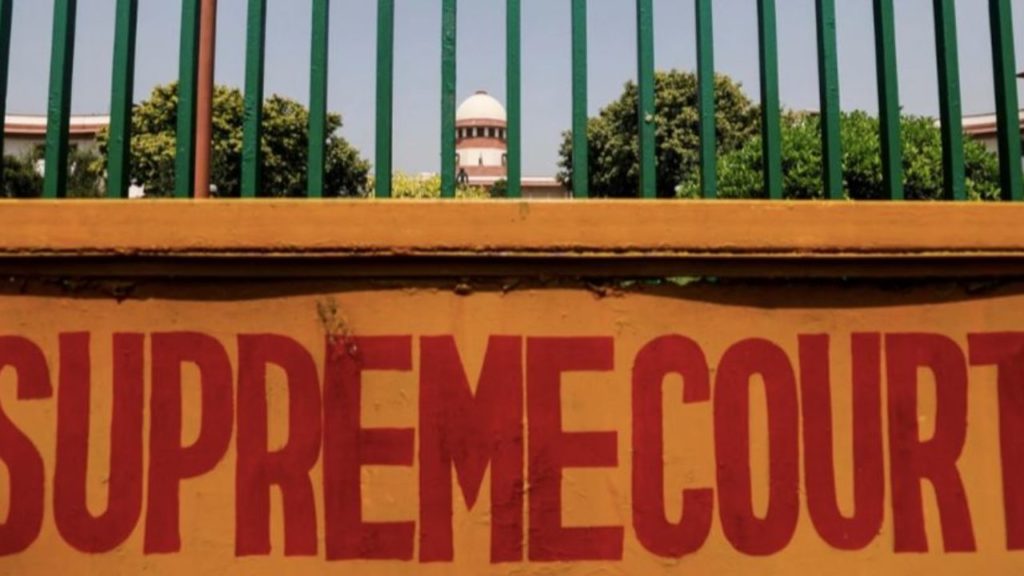Supreme Court: Reservation Is Not A Fundamental Right; What Does This Mean?

The Supreme Court on June 11 after refusing to act on a petition filed by all political parties from Tamil Nadu who sought 50% OBC reservation in the all-India NEET seats surrendered by states said that reservation of seats to certain communities was not a Fundamental Right.
Read to find out more…
What Was The Argument?
“It affects a lot of OBCs.” The petition argued the Union Human Resource Development (HRD) Ministry and the Tamil Nadu State Government were not following the state policy on reservations in filling up seats surrendered by states in NEET, including admissions for undergraduate, graduate, postgraduate, dental and diploma courses in medicine in private and government colleges.
Arguing for parties led by the DMK, advocate P Wilson said that they were not asking the court to add to existing reservations. He argued, “We are asking the court to implement the existing reservations.”
Justice LN Rao asked, “Whose Fundamental Rights are being violated.” Furthermore he said, “Article 32 is available only for violation of Fundamental Rights.”
Wilson insisted non-implementation of such reservations in the state amounted to violation of Fundamental Rights of its residents, but to no avail. He said that the OBC reservations had been introduced after a long political fight but was being denied to the affected sections in the state.
Reservation is Not A Fundamental Right!
The petitioners were asked to approach the Madras High Court. Justice Rao commended the sentiment behind the move, which had parties of all shades from the state on the same page, as ‘unusual’ for Tamil Nadu but refused to hear them.
Justice LN Rao said, “We appreciate the concern of all political parties for the welfare of Backward Classes. But reservation is not a Fundamental Right.”
“You should withdraw it and go to the high court. He said, “You are only interested in 50% reservation in Tamil Nadu.” He added, “We appreciate all political parties upholding the state’s interests.”

Comments are closed, but trackbacks and pingbacks are open.